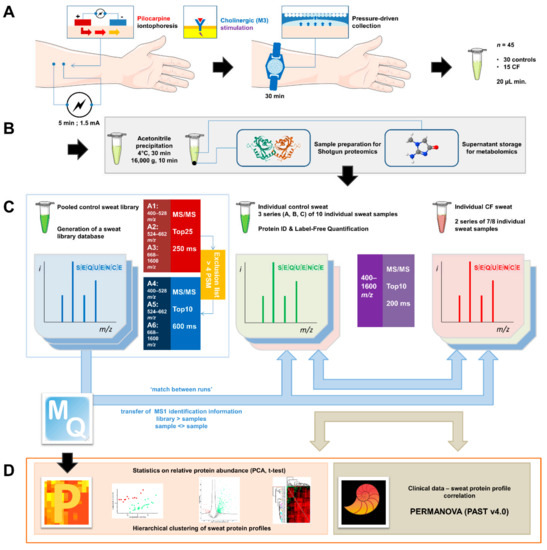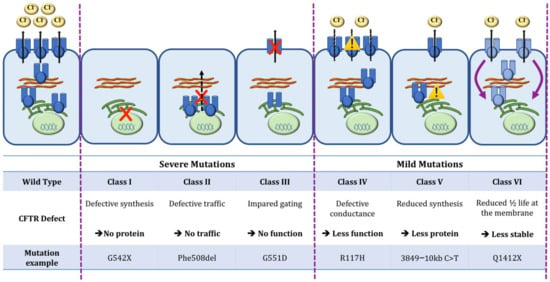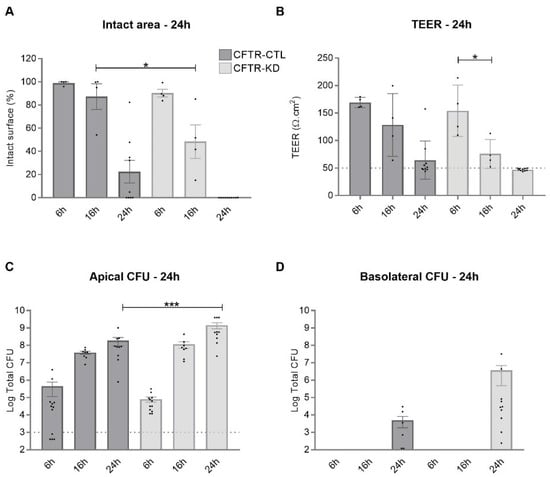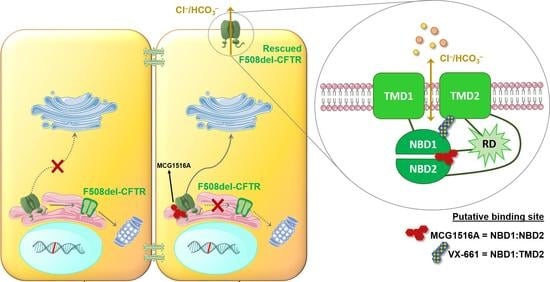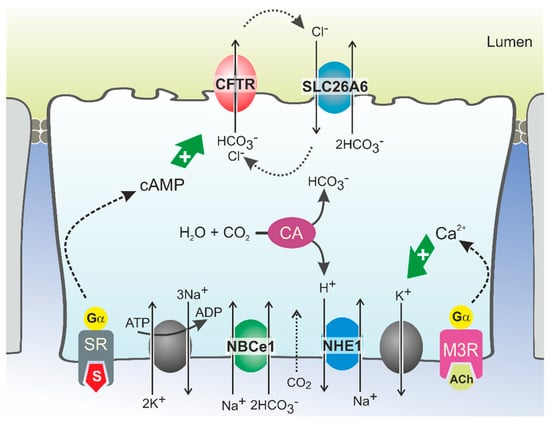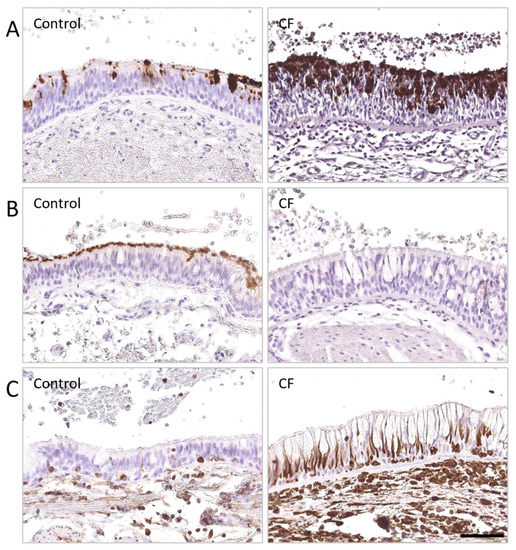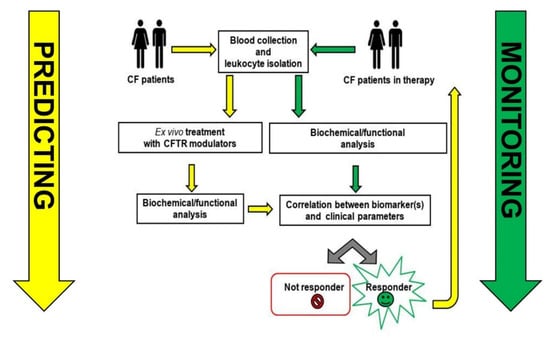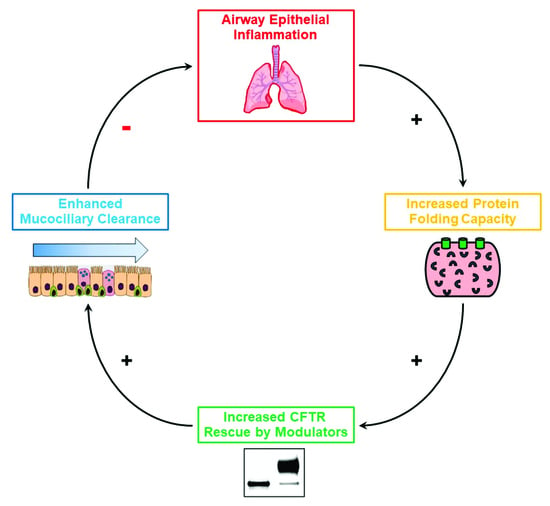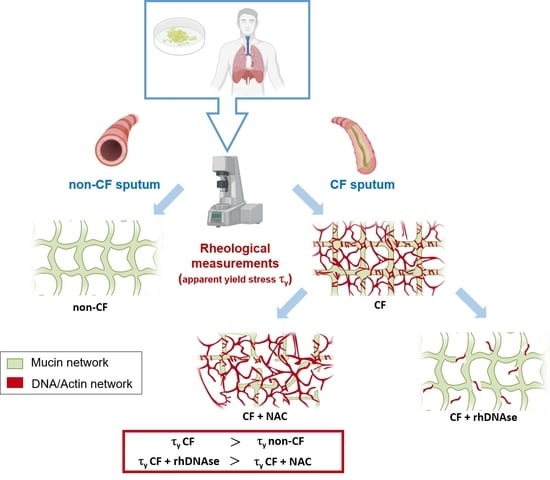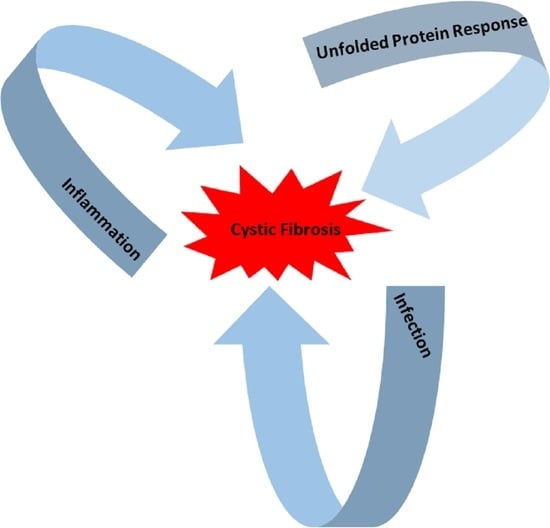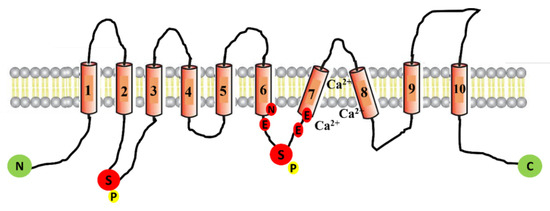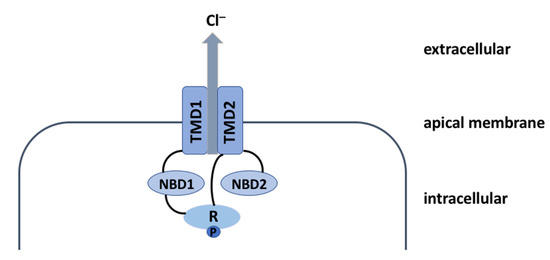Cystic Fibrosis: Cells, Physiopathology and Emerging Therapies
A topical collection in Cells (ISSN 2073-4409). This collection belongs to the section "Cellular Pathology".
Viewed by 122732Editors
Interests: cystic fibrosis; cell physiology; ion transport; inflammatory responses; nasal potential difference; sweat test; mouse models; cell-based models
2. CHRU de Brest, Service de Génétique Médicale et Biologie de la Reproduction, Centre de Référence des Maladies Rares “Maladies Neuromusculaires”, F-29200 Brest, France
Interests: gene transfer; human genomics; cystic fibrosis; nanoparticles; recombinant virus; lung delivery; aerosol; in vivo applications
Special Issues, Collections and Topics in MDPI journals
Interests: cystic fibrosis; cell biology; inflammation; airway mucus; mucins; polymorphonuclear neutrophils; CFTR modulation; rheology; optical tweezers; confocal and electronic microscopy
Interests: cystic fibrosis; gene therapy; cell physiology; inflammation; mouse models; cell-based models
Topical Collection Information
Dear Colleagues,
While lung disease remains the main cause of morbidity and mortality in cystic fibrosis (CF), it has been well established that this multisystemic genetic disease affects a large variety of organs and cell types. As a consequence, CF patients may develop several coexisting conditions, including diabetes, metabolic bone disorders, renal diseases, cancers, infertility or subfertility issues, and lung-transplantation-related complications. These comorbidities have become increasingly prevalent as CF patients live longer into adulthood. Even though CFTR has long been described as a chloride channel expressed at the apical membrane of epithelial cells, more recent studies have convincingly shown that in addition to airway epithelial cells, the protein is expressed in cells involved in inflammatory responses (neutrophils, macrophages, different subsets of lymphocytes, etc.), fibroblasts, pancreatic islet cells, bone cells, and many others. Therefore, it remains essential to improve our understanding of CF pathophysiology in each impacted cell type to develop new therapeutic strategies.
This present Topical Collection aims at shedding light on cell types and subtypes impacted by the presence of CFTR mutations; the value of cell-based models to study CF physiopathology and to quantify efficacy of emerging therapies; and how novel CF therapeutic strategies rescue CFTR-dependent cell processes.
We look forward to your contributions.
Prof. Dr. Teresinha Leal
Prof. Dr. Tristan Montier
Dr. Martial Delion
Dr. Angélique Mottais
Collection Editors
Manuscript Submission Information
Manuscripts should be submitted online at www.mdpi.com by registering and logging in to this website. Once you are registered, click here to go to the submission form. Manuscripts can be submitted until the deadline. All submissions that pass pre-check are peer-reviewed. Accepted papers will be published continuously in the journal (as soon as accepted) and will be listed together on the collection website. Research articles, review articles as well as short communications are invited. For planned papers, a title and short abstract (about 250 words) can be sent to the Editorial Office for assessment.
Submitted manuscripts should not have been published previously, nor be under consideration for publication elsewhere (except conference proceedings papers). All manuscripts are thoroughly refereed through a single-blind peer-review process. A guide for authors and other relevant information for submission of manuscripts is available on the Instructions for Authors page. Cells is an international peer-reviewed open access semimonthly journal published by MDPI.
Please visit the Instructions for Authors page before submitting a manuscript. The Article Processing Charge (APC) for publication in this open access journal is 2700 CHF (Swiss Francs). Submitted papers should be well formatted and use good English. Authors may use MDPI's English editing service prior to publication or during author revisions.
Keywords
- cystic fibrosis
- CFTR
- cells
- pathophysiology
- inflammation
- interaction
- therapies
- cell-based models











